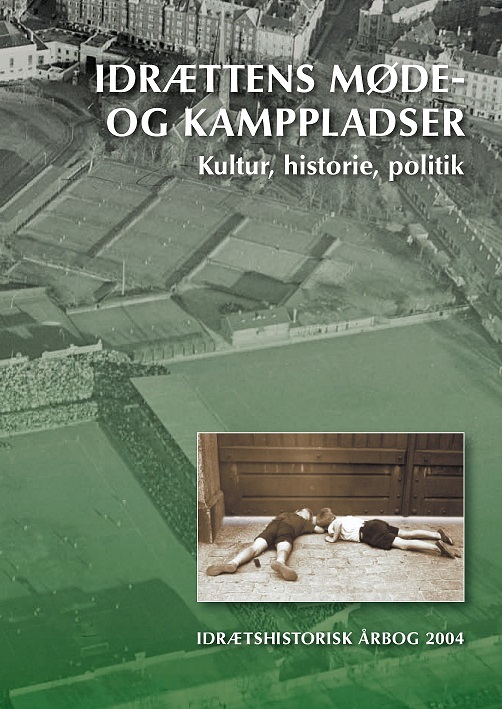Sportsspektakler
DOI:
https://doi.org/10.7146/ffi.v20i1.31699Resumé
Analyse af sporten i 'spektakelsamfundet', som bl.a. konkluderer, at kommercialiseringen ikke i sig selv medfører et forfald inden for sporten.
Sport as spectacle
Over the years many pages have been written about the misery of sport, its corruption and imminent demise. It is quite true that sport and the conditions under which it operates change, but this is not synonymous with decay. On the contrary. This article demonstrates that sport has the effect of anchoring us in life and is, in fact, a civilising influence. By means of critical analyses of John J. MacAloon’s account of sport’s dimension as festival and Guy Debord’s analysis of the society of the spectacle, this article paves the way for an understanding of the fact that sport can in its essence be seen as popular culture’s substitute for the formative manifestations of high culture, and that commercialisation, which is often dragged out as the root of sport’s unhappy development, in reality is the motor driving sport forward as a developmental project in popular culture.
Downloads
Publiceret
Citation/Eksport
Nummer
Sektion
Licens
Forfattere, der publicerer deres værker via dette tidsskrift, accepterer følgende vilkår:
- Forfattere bevarer deres ophavsret og giver tidsskriftet ret til første publicering, samtidigt med at værket er omfattet af en Creative Commons Attribution-licens, der giver andre ret til at dele værket med en anerkendelse af værkets forfatter og første publicering i nærværende tidsskrift.
- Forfattere kan indgå flere separate kontraktlige aftaler om ikke-eksklusiv distribution af tidsskriftets publicerede version af værket (f.eks. sende det til et institutionslager eller udgive det i en bog), med en anerkendelse af værkets første publicering i nærværende tidsskrift.
- Forfattere har ret til og opfordres til at publicere deres værker online (f.eks. i institutionslagre eller på deres websted) forud for og under manuskriptprocessen, da dette kan føre til produktive udvekslinger, samt tidligere og større citater fra publicerede værker (se The Effect of Open Access).





